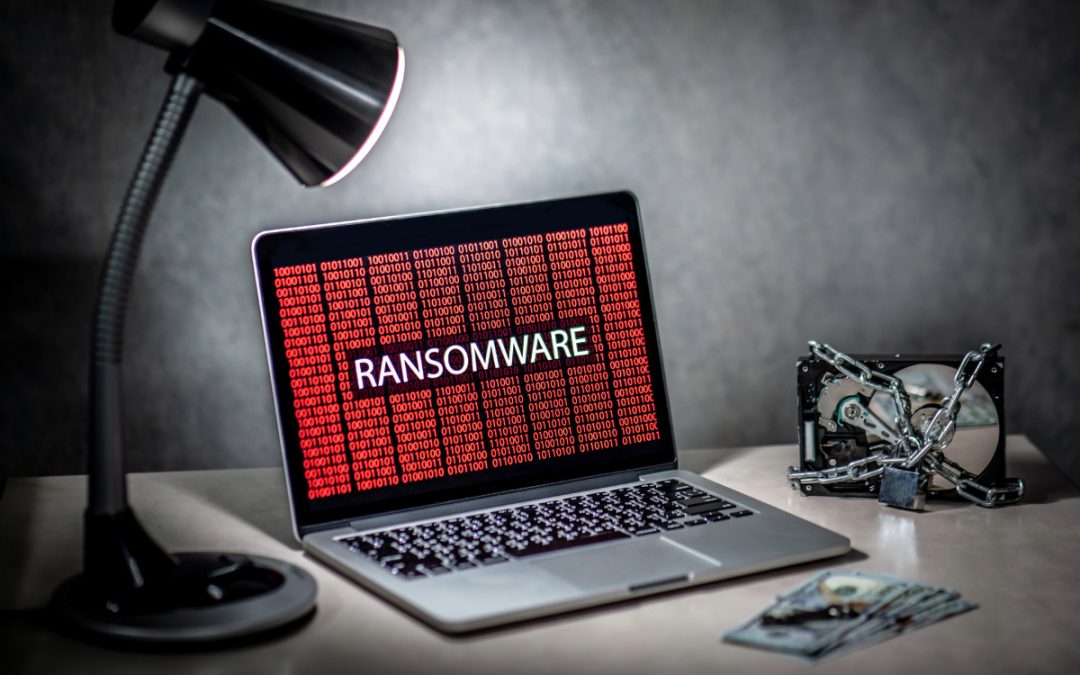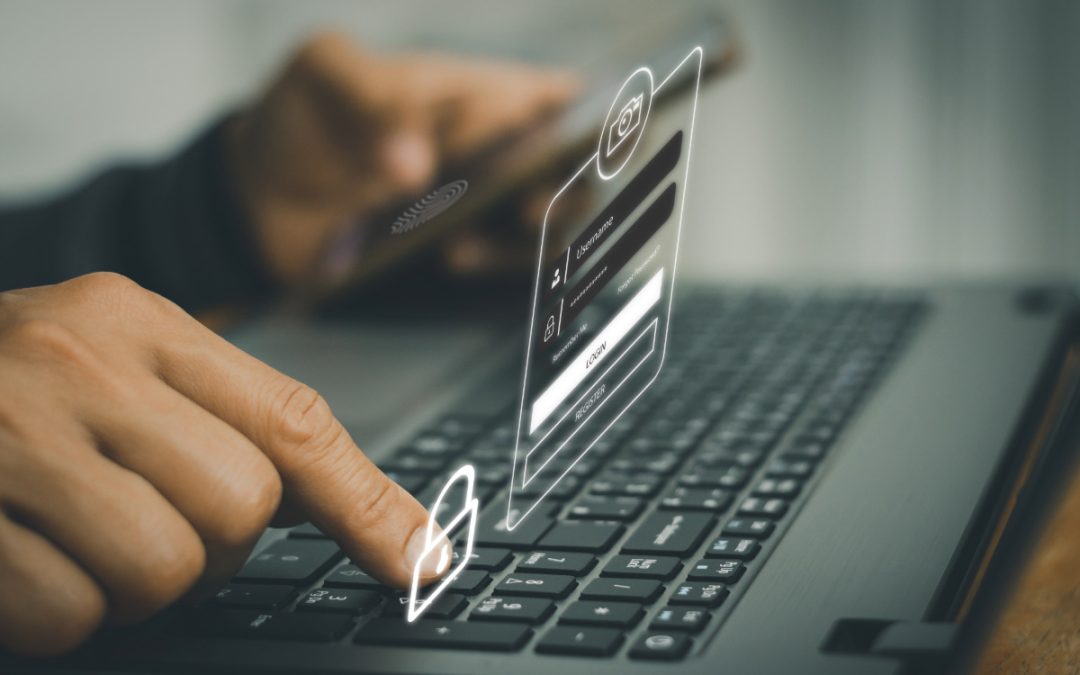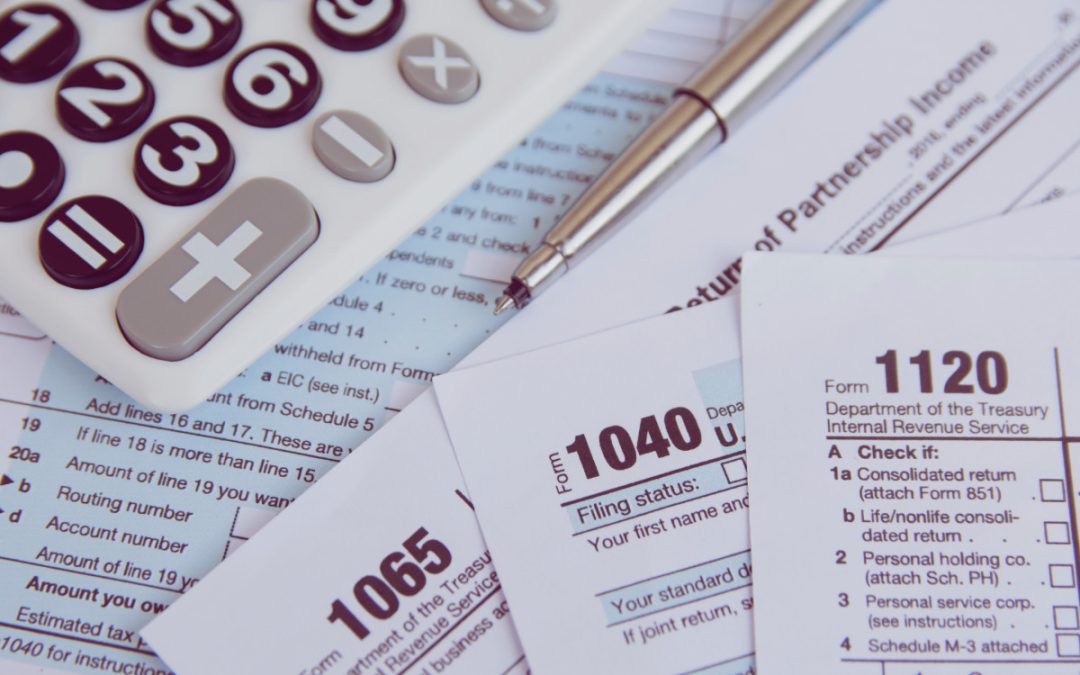People are digitally connected more than ever. With 5.35 billion internet users globally, public Wi-Fi has become an expectation rather than a simple perk. Whether checking the news or banking online, being so interconnected has also led to the growth of cybercrime. While public Wi-Fi is convenient, anyone can connect to it, making it riskier than most people realize. Fortunately, VPNs can help reduce that risk.
Table of Contents
How Do You Set up a VPN?
Can You Use Public Wi-Fi Without Protection?
Is Public Wi-Fi Safe With a VPN?
Some Hotels Offer In-House VPN Services
How To Pick the Right VPN Service Provider
The Small Downsides To Using a VPN on Public Wi-Fi
Safety Tips for Using Public Wi-Fi Without a VPN
Use a VPN To Protect Yourself on Public Wi-Fi
What Is a VPN?
A Virtual Private Network (VPN) is a security tool that creates a protected connection using public Wi-Fi networks. Routing your device’s internet through a VPN ensures your data is better encrypted, even when using a public network in unsecured places like a hotel or coffee shop. A VPN can also hide your IP address, giving greater privacy to your web activity.
How Do You Set up a VPN?
Setting up a VPN is relatively simple. Here’s how it works depending on what you’re using to access the internet:
On a Mobile Device
Using a VPN on a mobile device typically involves installing a VPN app from your app store. Once installed, tap on it and follow the prompts to activate it. If using a paid service, you may be required to create an account. Once active, it protects any online activity, whether web browsing, messaging, or using apps. Traditional SMS/MMS text messages are sent through your mobile carrier rather than the internet, so your VPN cannot encrypt those.
On a Computer
You normally download and install VPN software for computers from the provider’s website. Make sure to use a reputable service, otherwise you might be at risk of downloading malware. There will be a simple installation and activation process, which the software will walk you through. If using a paid VPN, you’ll likely be required to log into an account. After being activated, it’ll do its job in the background.
In Your Web Browser
While a VPN app or software will protect your entire device, some people may choose to only use it on their web browser. Many browsers have VPN add-ons, which will keep any activity encrypted within that browser. Some mobile apps also have built-in VPNs. Once activated, remember that only activity within that web browser or app is kept encrypted.
Can You Use Public Wi-Fi Without Protection?
Only 33% of people in the US use a VPN, while around 67% know what a VPN is. While many people still access public Wi-Fi without a VPN, it’s never recommended. Public networks are less secure, making them popular targets for cybercrime. For example, if you log into your bank account on an insecure network, your login details may be visible. While some apps have built-in encryption, hackers can use tricks like session hijacking to get around it.
Is Public Wi-Fi Safe With a VPN?
Using a VPN on public Wi-Fi significantly improves your security. Even if someone is stealing data on the network, your activity is encrypted, making it difficult for anyone to view it. That means it is very safe. However, no type of protection is perfect. A VPN is only as secure as the provider has designed it, so it’s essential to choose wisely.
Additionally, VPNs can’t protect you from yourself. Put another way, if you visit a phishing website, any information you openly type can still be stolen even if the data is encrypted in transit. Similarly, a VPN can’t stop you from downloading a suspicious file with a virus. It can only protect your choices, so being careful online is still important.
Some Hotels Offer In-House VPN Services
Some hotels have started offering VPN services as part of their amenities, though they are commonly not free. When connecting to the internet, it prompts users to log in, verify their identity and room information, and then give them access to a paid encrypted connection. While this is a step in the right direction, until it’s more widely available and free outside of hotels, people will continue to use unprotected public Wi-Fi networks.
How To Pick the Right VPN Service Provider
When choosing the right VPN, it’s important to look at your needs and understand the differences between services. Here are a few areas to keep in mind during that process:
Identifying Your Needs
- Purpose:Understand why you want to use a VPN. Is it just for public Wi-Fi access, or will it be used 24/7? Or is a lot of bandwidth needed, such as frequent downloads or internet-heavy tasks? Labeling your needs can help you narrow down the choice.
- Scale:Is this VPN for just yourself or a few people? Or are you using it to cover every device in a business? Some VPNs aren’t built to scale to full-size companies, so choosing when that can meet your needs is critical.
- Device Compatibility:If you want to stick with a single solution, but have multiple types of devices and ecosystems, ensure the VPN can be used for all of them.
Features to Consider:
- Encryption Type:Providers may use different types of encryptions. Users should look for services that offer AES-256 encryption at a minimum.
- No-Logs Policy:Never use a VPN unless it has a no-logs policy, regardless of whether it’s free or paid. If they’re storing your data, it defeats the purpose and security of using it in the first place.
- Kill Switch:A VPN kill switch will automatically cut your internet connection if the VPN fails. This feature ensures that you can only access public Wi-Fi with active encryption.
- Simultaneous Connections:If you use multiple devices at once online, you’ll want to ensure that the provider allows them all to be connected at the same time.
Free vs. Paid VPNs
- Cost Efficiency:The biggest advantage of free VPNs is that they don’t cost anything. While paid ones are still relatively cheap, when scaled up to a larger group the costs can quickly add up.
- Performance:Free VPNs have strict speed requirements. Some users may struggle to do more data-intensive activities like streaming or downloading without an uncapped paid service.
- Security and Privacy:Some free VPNs have looser data handling and logging standards. That means even though the connection is encrypted, the VPN company may mishandle your data.
Reputation and Transparency:
- Company Background:Research the VPN provider’s history and policies for insights into its reliability and user privacy practices.
- User Reviews:Check user feedback and expert reviews for real-world insights on the VPN’s performance and service quality.
- Customer Support:When checking reviews, look for information on customer support. It can be a valuable part of staying protected, especially if you run a business.
Try Before You Buy:
- Free Trials:Consider trying VPNs that offer free trials to test their service before committing to a subscription. In general, paid ones are always recommended over free ones.
- Money-Back Guarantees:Look for services with money-back guarantees, allowing you to get a refund if it doesn’t meet your expectations. Companies that are confident in their product often offer this.
There are many worthwhile VPN solutions out there, ranging from business solutions to single-user coverage. Go with one that meets your needs, has a positive reputation, and matches your budget. While there are free options available, paid ones offer the best security.
The Small Downsides To Using a VPN on Public Wi-Fi
While VPNs are essential when accessing any kind of unprotected network, there are a few small downsides to keep in mind:
Slower Internet Speeds
Encrypting traffic can slow down internet speeds and cause latency. While it’s less noticeable when browsing the internet, streaming movies or downloading large files can be impacted. Each VPN provider offers differing speeds, to make sure to choose one that matches your regular usage.
Blocked Services
Since a VPN can hide your location, some services block those who use them because they cannot verify their region. For example, streaming services may offer different shows depending on local licensing. Considering that 57% of mobile users use a VPN for access to better entertainment rather than just security, some websites and apps will block them when detected.
VPN Provider Data Logging
While most VPN services claim to have no-logging policies, which prevent them from storing or identifying user data, that hasn’t always been true. In the past, companies like PureVPN, IPVanish, and EarthVPN were involved in incidents that allowed users to be identified. Make sure to choose a trustworthy VPN provider with a proven track record.
Even with a few downsides, it’s never worth the risk of using a public Wi-Fi connection unprotected. Wait until you’re back on a private network to continue using those websites and services you can’t access with a VPN.
Safety Tips for Using Public Wi-Fi Without a VPN
Sometimes, a VPN may not be an option when connected to public Wi-Fi. While there are some risks involved, you can reduce your chance of having issues by following a few tips:
- Don’t Access Sensitive Accounts:Never access sensitive accounts, such as for banking or work, on public Wi-Fi. Always wait to use mobile data, switch to a private network, or install a VPN.
- Only Do Non-Critical Browsing: Focus on basic browsing, such as looking up nearby places to visit, using a map app, or other tasks that don’t involve sensitive information. That way, if your data is intercepted, they won’t take anything of value.
- Use Your Mobile Data:Since your phone service provider handles your mobile data, it’s separate and much more secure than public Wi-Fi. You can even use your phone as a hotspot for your computer’s internet.
- Make Sure Websites Are Secure:Ensure the websites you visit are encrypted, displaying ‘https://’ in the URL and a lock icon in the address bar. This will keep your web browsing more secure.
- Don’t Save Public Wi-Fi Networks:Never save a public Wi-Fi network to your device, as that will cause it to auto-connect. Since it’s an unprotected network, you always want complete control over when your device is connected to it.
- Disable Bluetooth When Not Using:While not strictly a public Wi-Fi issue, disable Bluetooth on your devices when not in public. Hackers may try to access your device, which will show as a pairing request. Never accept an unplanned pairing request.
- Keep Devices Updated:Modern mobile devices and computers have extensive built-in protection. Make sure to routinely update everything, as patches commonly include fixes and new features that help protect against the latest threats.
Using public Wi-Fi without a VPN carries many risks. While these tips may limit the types of online activity you can do, being careful can reduce the chance of an incident.
Use a VPN To Protect Yourself on Public Wi-Fi
Using a VPN when connected to public Wi-Fi can make for a much safer online experience. Whether staying at a hotel or visiting your favorite coffee shop, hundreds of devices share the same public internet connections each day. If using a VPN isn’t an option, make sure to take some extra steps to stay safer online while saving your critical tasks for a more secure network. Remember, anything you do over the internet may be viewable by others.
ITonDemand offers network security to our managed IT clients. If your business needs help with VPN setup and management, get in touch through our contact form or call us at: +1 (800) 297-8293




